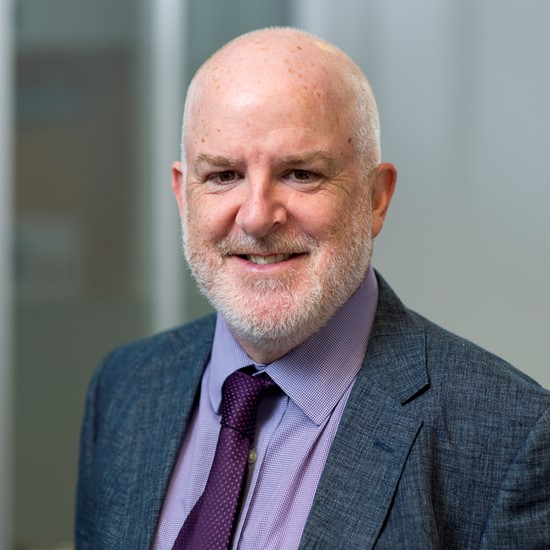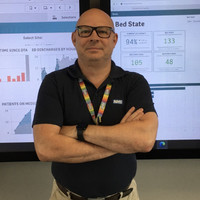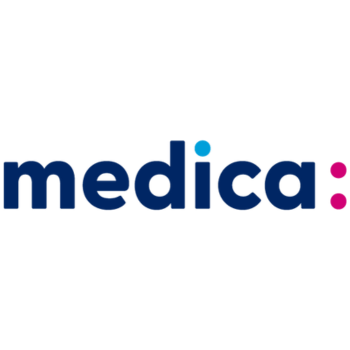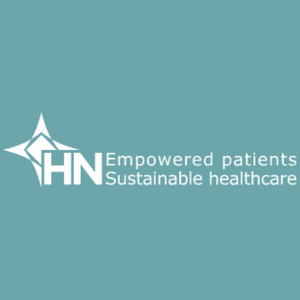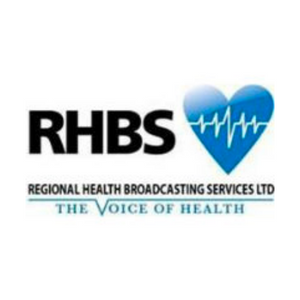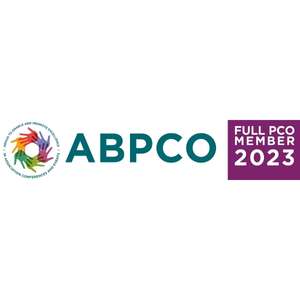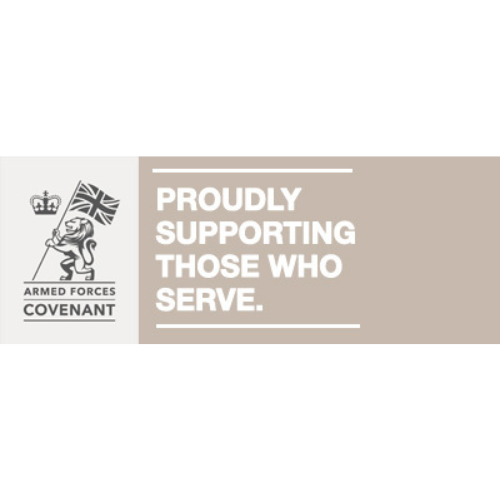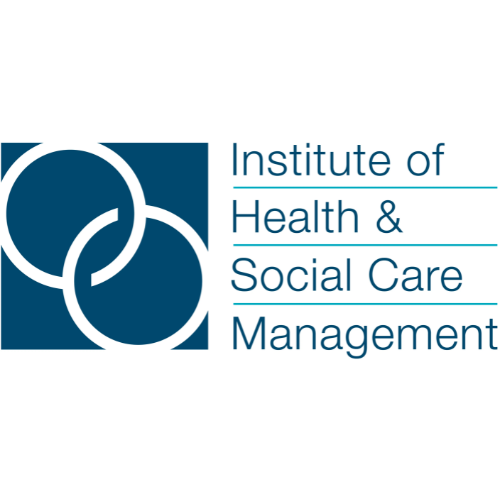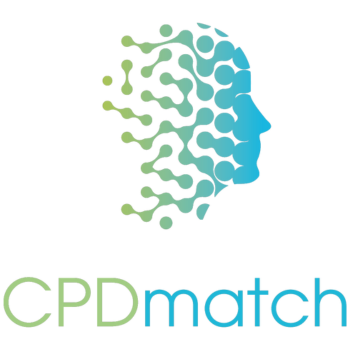Unplanned Care Congress: Improving Flow & Reducing Statistics
Following on from 3 highly successful and well followed Urgent Care conferences, we are proud to share details of our 4th Urgent & Emergency care congress titled Unplanned Care Congress: Improving Flow & Reducing Statistics.
Across the NHS, staff work around the clock to deliver the best possible care to more patients than ever before, but it’s becoming increasingly difficult as demand continues to rise.
Current Urgent & Emergency care stats:
- In 2017-18 there were 23.8 million attendances in Accident and Emergency. This is an increase of 2 per cent compared with 2016-17 and 22 per cent since 2008-09
- England had the second-highest reported A&E attendance rate amongst the home nations with 27,639 attendances per 100,000 population
- 4-hour waits in A&E rose to a new high with 18.5% of people attending major departments experiencing long delays compared with 16.5% in 2017. Attendances rose by 0.6% in 2018
- The waiting list for consultant-led treatment rose to a new high in 2018, and the 18-week treatment target was not met
NHS England is currently driving some key initiatives throughout the UK to help reduce these statistics.
New rapid care measures are to be rolled out, which will provide people experiencing a mental health crisis with treatment in under an hour. The new standard, a significant step towards parity of esteem for mental health, is among a raft of proposed clinical improvements that aim to deliver rapid assessment and treatment for patients with the most serious conditions and expand short waits for millions more NHS patients.
The SDEC (Same day emergency care) care model aims to benefit both patients and the healthcare system by reducing waiting times and unnecessary hospital admissions, under this care model, patients presenting at the hospital with relevant conditions can be rapidly assessed, diagnosed and treated without being admitted to award, and if clinically safe to do so, will go home the same day their care is provided.
Join us on the 26th of February 2020 to join the debate on how the NHS can reduce the rising statistics surrounding emergency and unplanned care, and we will lay host to 10 sector-leading speakers that will be on hand to talk you through the latest policy and care models being implemented across the UK
Our 4th Unplanned Care Congress: Improving Flow & Reducing Statistics will promote the power of networking, with 200 like-minded public-sector professionals in attendance they will allow you to meet and engage with peers within your area of expertise from across the UK.
Benefits of attending:
- Listen, learn and engage with industry-leading speakers
- Input directly to the discussions and panel debate sessions
- Gain 8 CPD Points
- Engage directly with over 200 of your peers from across the UK
- Network with ten thought-leading commercial sector solution providers
- All food and refreshments provided
*Reference Source: NHS England
Research sources for Unplanned Care Congress: Improving Flow & Reducing Statistics: House of Commons library, NHS Improvement, NHS England, NHS digital










